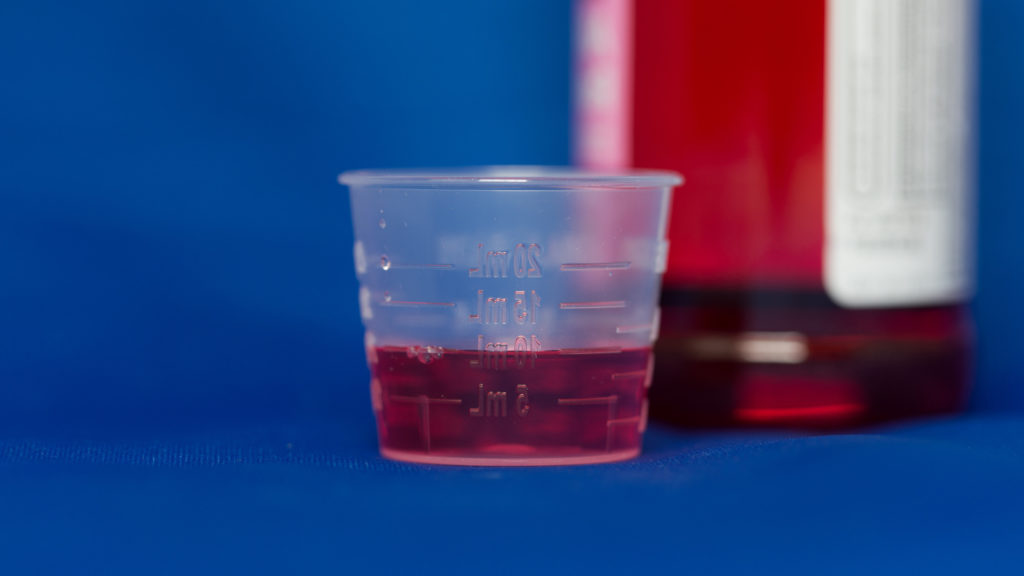

Medication-assisted treatment (MAT) is an evidence-based method of addressing substance use disorder that has helped millions of people overcome their struggles with addiction with the use of FDA-approved medications. Still, the chronic disease of addiction continues to be shrouded with stigma. Many people worry that they shouldn’t continue MAT for too long because medications are an “easy way out” compared to people who discontinue drugs or alcohol on their own. Thankfully, science shows that this archaic attitude towards addiction recovery is not based in reality but rather rooted in needlessly rigid and unscientific guidelines set more than five decades ago.
A recent study among 293,180 Medicaid beneficiaries discovered that the longer they remain in medication-assisted treatment, the less likely they are to experience an overdose. These medications, such as buprenorphine and naltrexone or methadone, help control cravings while keeping symptoms of withdrawal at bay as patients attend to their mental and physical health in recovery.
Experts say that although longer is better, even shorter stretches of MAT, even as short as 60 days, show a significant reduction in risk of overdose by about 61% compared to those who stopped before the 60 days. Patients who were followed at two-month intervals showed an increase of 10% in overdose protection for every 60 days of additional treatment. Protection from overdose death increases even more when patients take the medication for longer than a year.
Abstinence recovery methods are not without merit, but for opioid use disorder, several additional factors come into play. People who frequently attempt to stop opioid use often relapse, which comes with the risk of overdose each time. Many people suffering from OUD are also faced with dual-diagnosis of a treatable mental illness such as anxiety, depression, and PTSD. Medication-assisted treatment methods allow people to ease into recovery, and each patient can decide how long they want to remain on medication, with the oversight of their medical provider.
The study on Medicare beneficiaries receiving MAT stopped after one year, but the results show the urgent importance of encouraging patients to stay in their recovery programs for as long as they feel necessary, especially if they are showing significant improvements mentally and physically. These metrics should also encourage medical providers to focus on increasing retention for long-term care rather than meeting short-duration thresholds.
Nearly a quarter of the American population (80 million) receives Medicaid insurance, with four out of ten people covered for opioid use disorder. Medicaid continues to be the primary pharmaceutical spender for medications that address the chronic disease of addiction, mainly tending to low-income recipients. With continued soaring overdose rates, access to MAT under Medicaid is vital to protecting the most vulnerable. Middlesex recovery offers private and professional medication-assisted treatment for substance use disorder. Specialized medical providers and nursing staff work together with substance use counselors to give each patient the best chance at long-term recovery through MAT and a supportive community. Call or message a local Middlesex Recovery office today to learn more about the treatment programs offered.